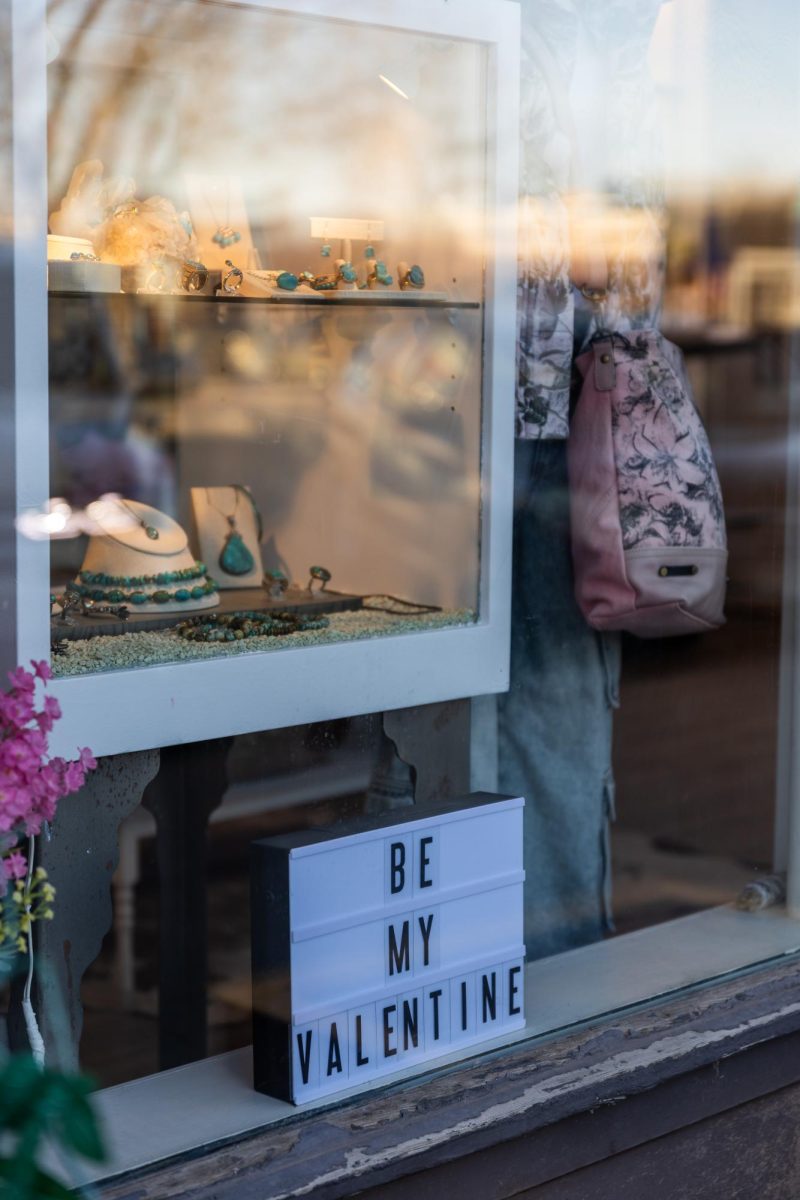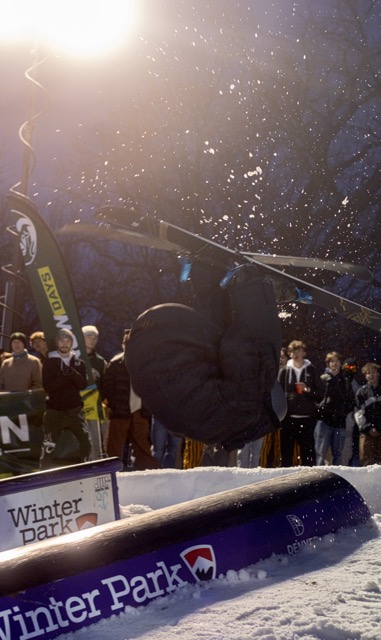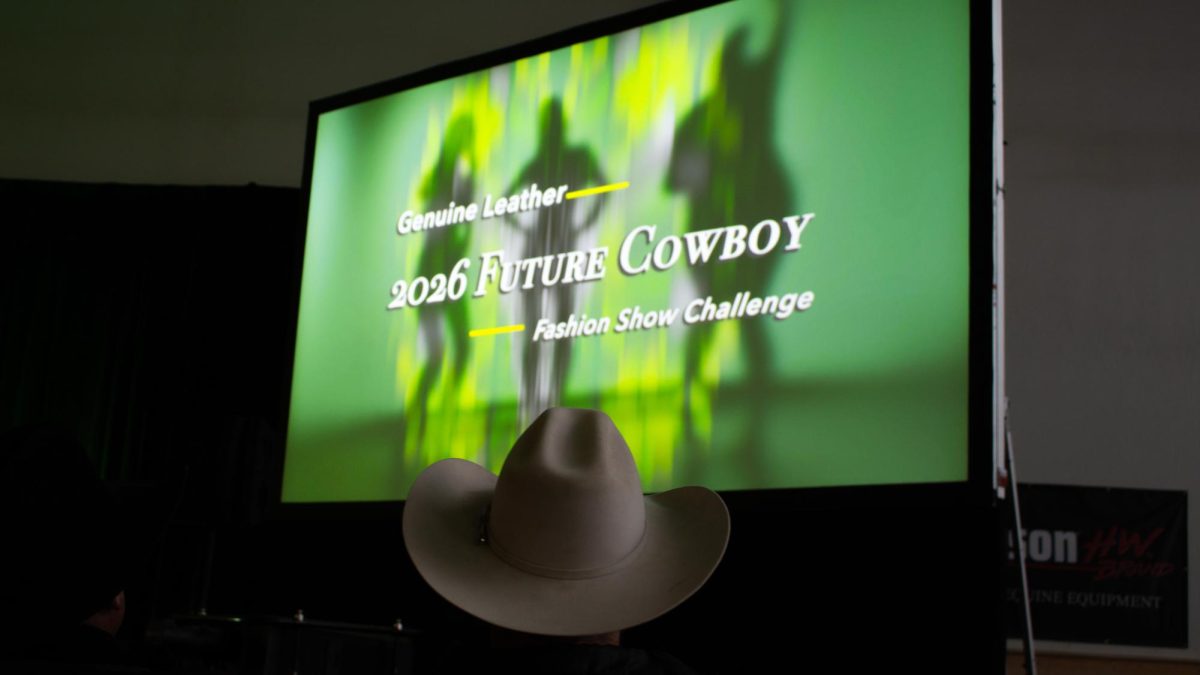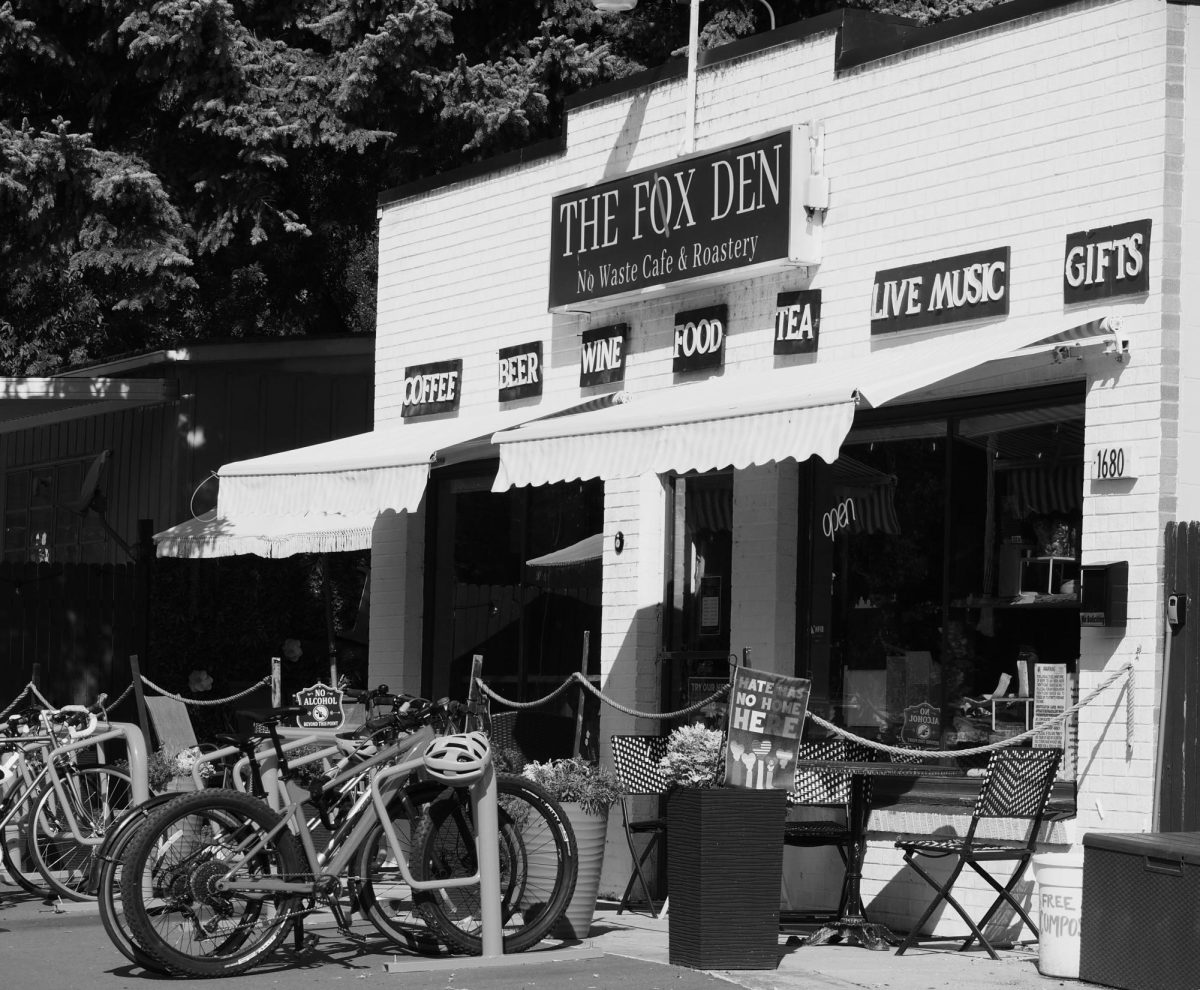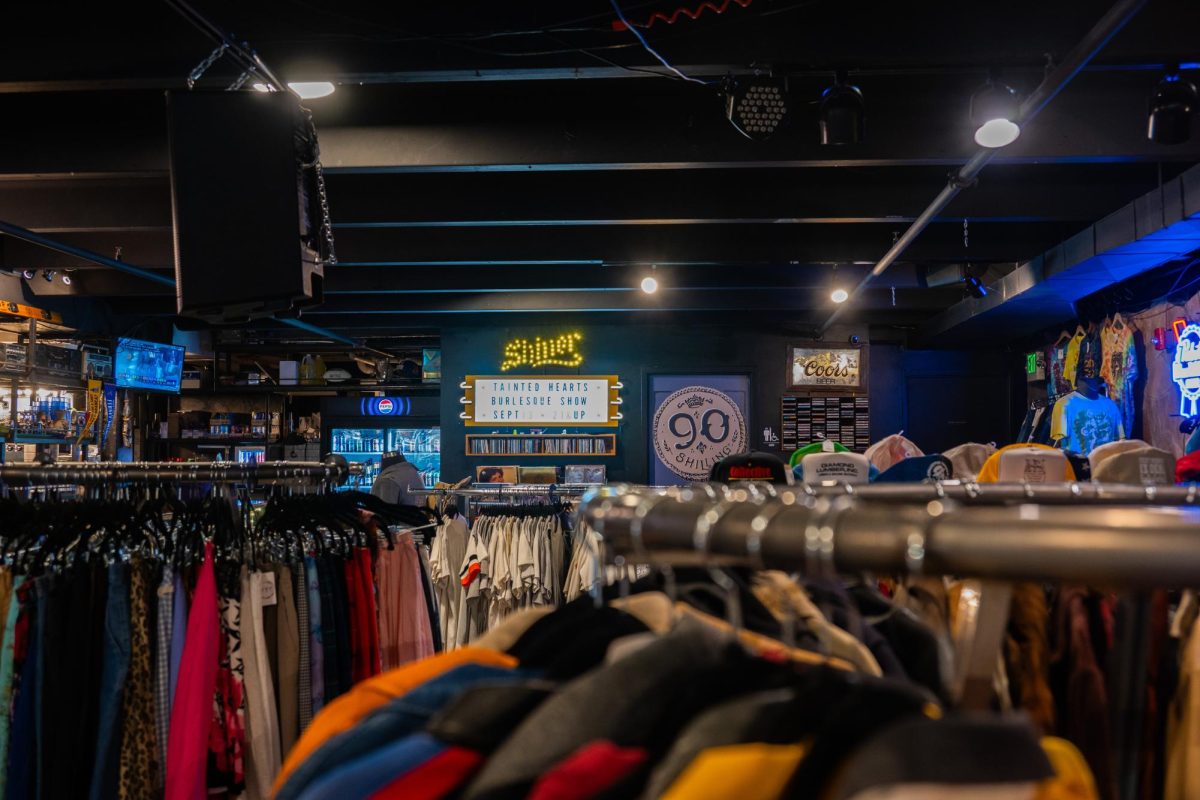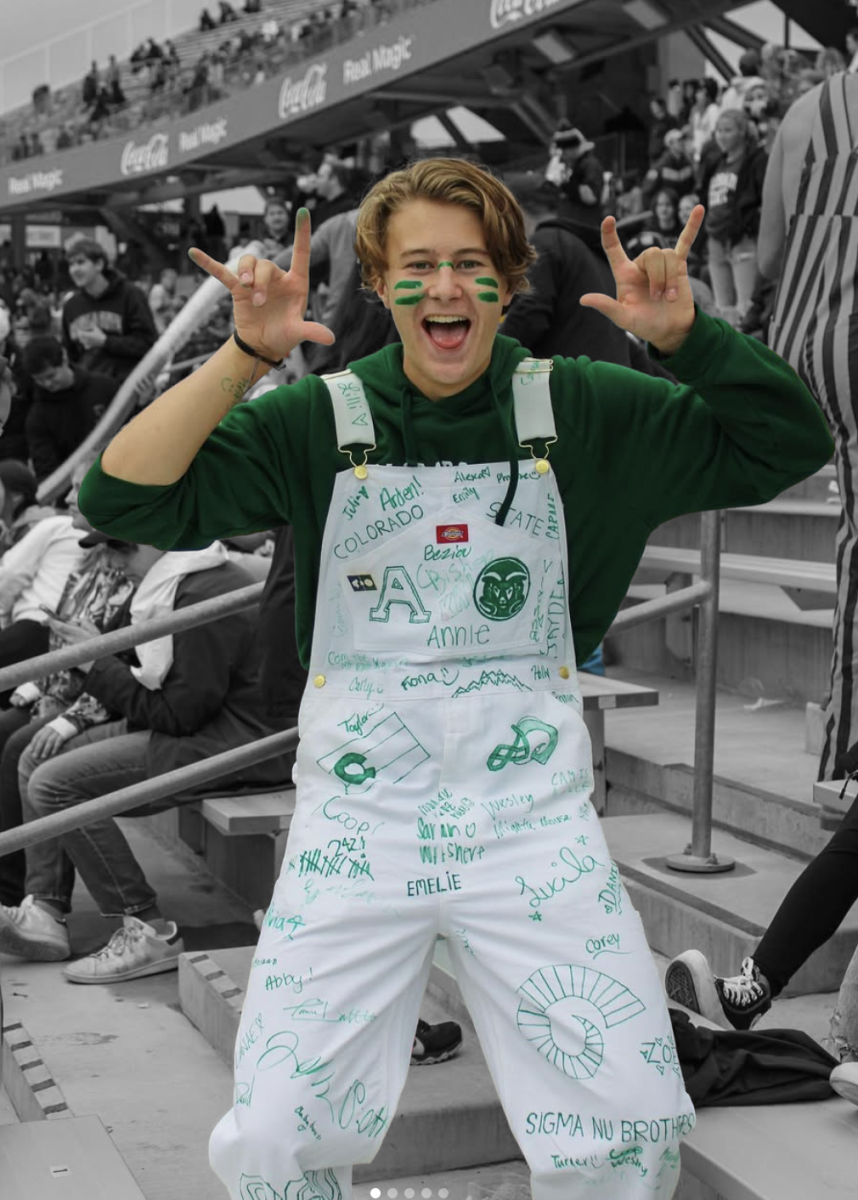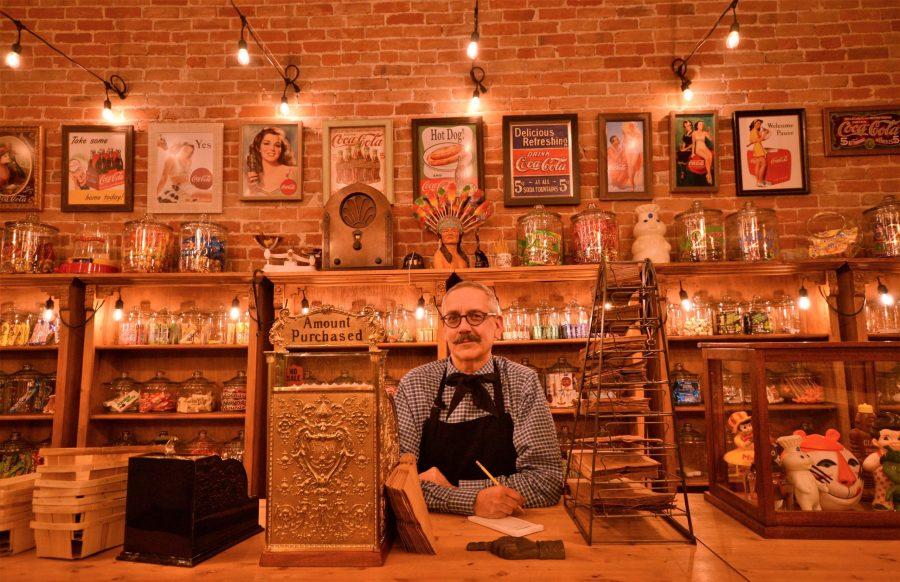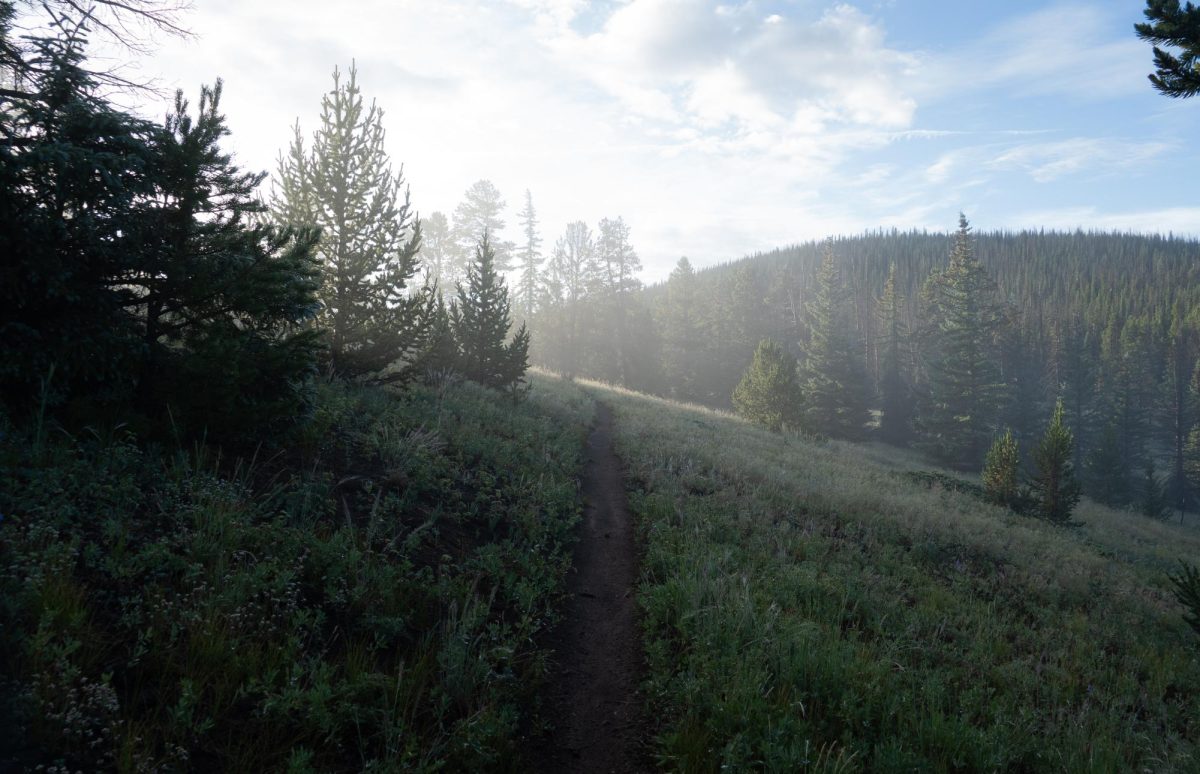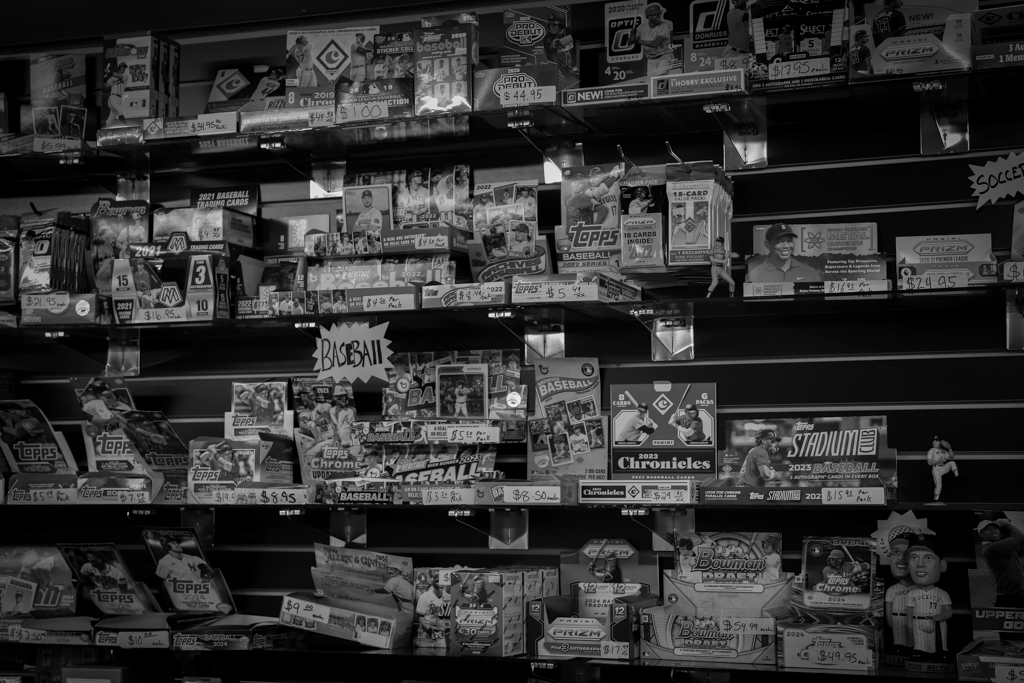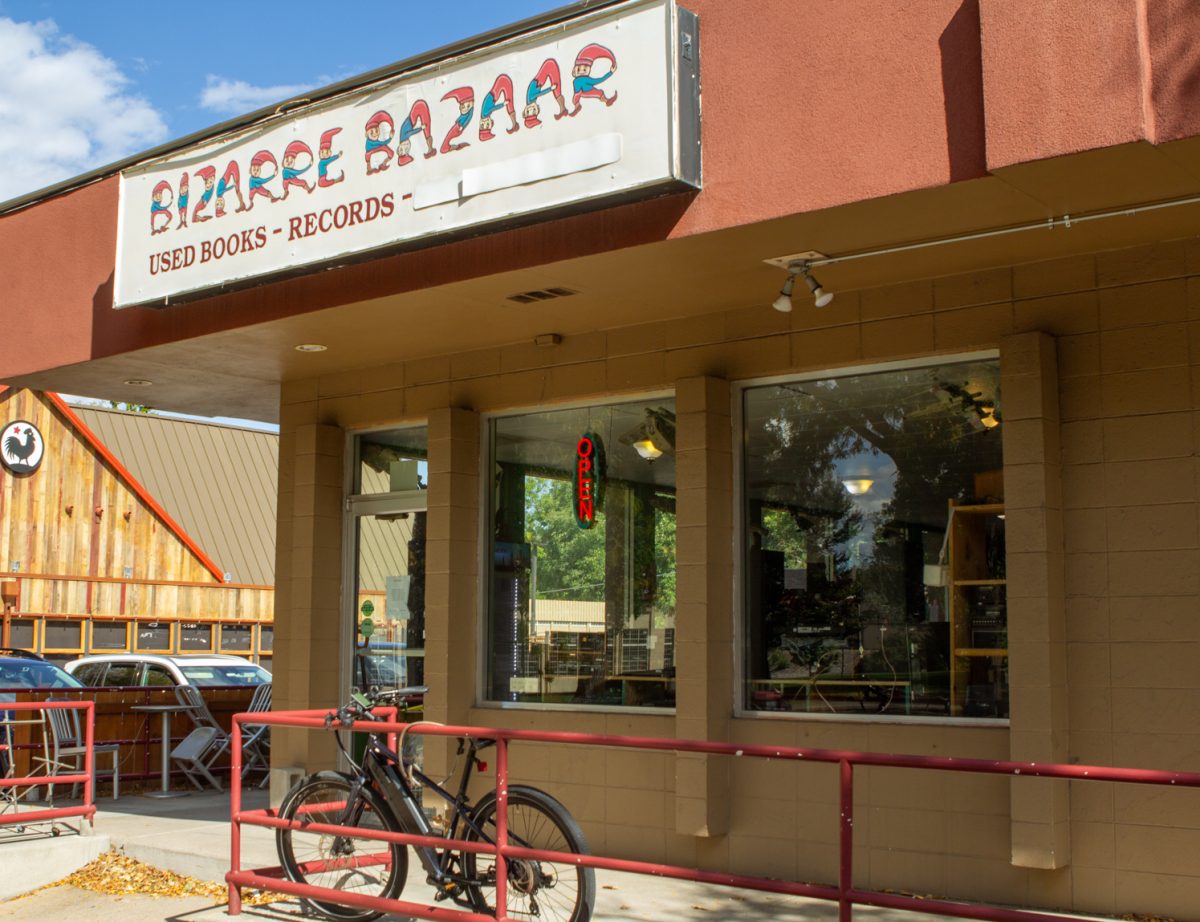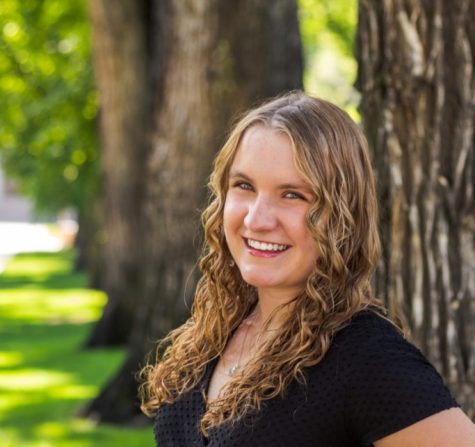Walking into the Fort Collins Candy Store Emporium is being whisked away to the 1940s, where candy cigarettes are sold by the pack, an old school Coca-Cola ad can be found smiling from the walls, and antique toys from the time period walk across the shelves. But beneath all the wonders lies a story of heartbreak and determination.
The store holds a multitude of curiosities between the selection of candies from across the twentieth century to the golden antique cash register to the toys that bring back grandparents’ childhoods. The magic woven within the floorboards of the store springs up as people come across toys from their past. “[People] would get very teary eyed because they walked in and they just got lost in a moment,” says Tony Vallejos, owner of the store.
View this post on Instagram
Vallejos remembers a woman coming in and staring at a collection of his toys in a corner of the store. She found a replica of an orange glass she used to drink Kool-aid out of as a child at her grandmother’s house. Memories she had forgotten about began to surface. “She found a missing link from her past,” Vallejos says. He helped the woman find her own orange glass on Ebay and soon she had a little piece from her childhood, thanks to the magic of Vallejos’ shop.
“The kids just have so much happiness and excitement and joy and they’re just so excited to be here.” – Tony Vallejos, owner of Fort Collins Candy Shop Emporium
Moments like these occur everyday at the Candy Store Emporium. The enchantment of the store turns back the hands of time as adults find their childhoods within the shelves.
But by no means is this magic limited only to adults; kids come in fascinated by the old-timey store and the charisma of Vallejos’ presence. “The kids just have so much happiness and excitement and joy and they’re just so excited to be here,” Vallejos says.
Stepping into the Candy Store Emporium brings out the child in all of us, and for the kids that walk through the doors, it is like walking into a Disney movie with magic from a different time and place. Vallejos strived to create an environment where everyone in his store would have a unique and awe filled experience.
One way the Candy Man did this for the children was by including taxes in his prices. In a child’s perspective, getting $5 to spend is exciting. Until the cash register rings up as $5.25 and a sugared treat must be sacrificed. Vallejos wanted to avoid this confusion, so he talked to the Department of Revenue in Colorado and made his price labels with taxes included. Because of this, there is no abandoning treats because of creeping taxes, but an exact amount of how much one will need.
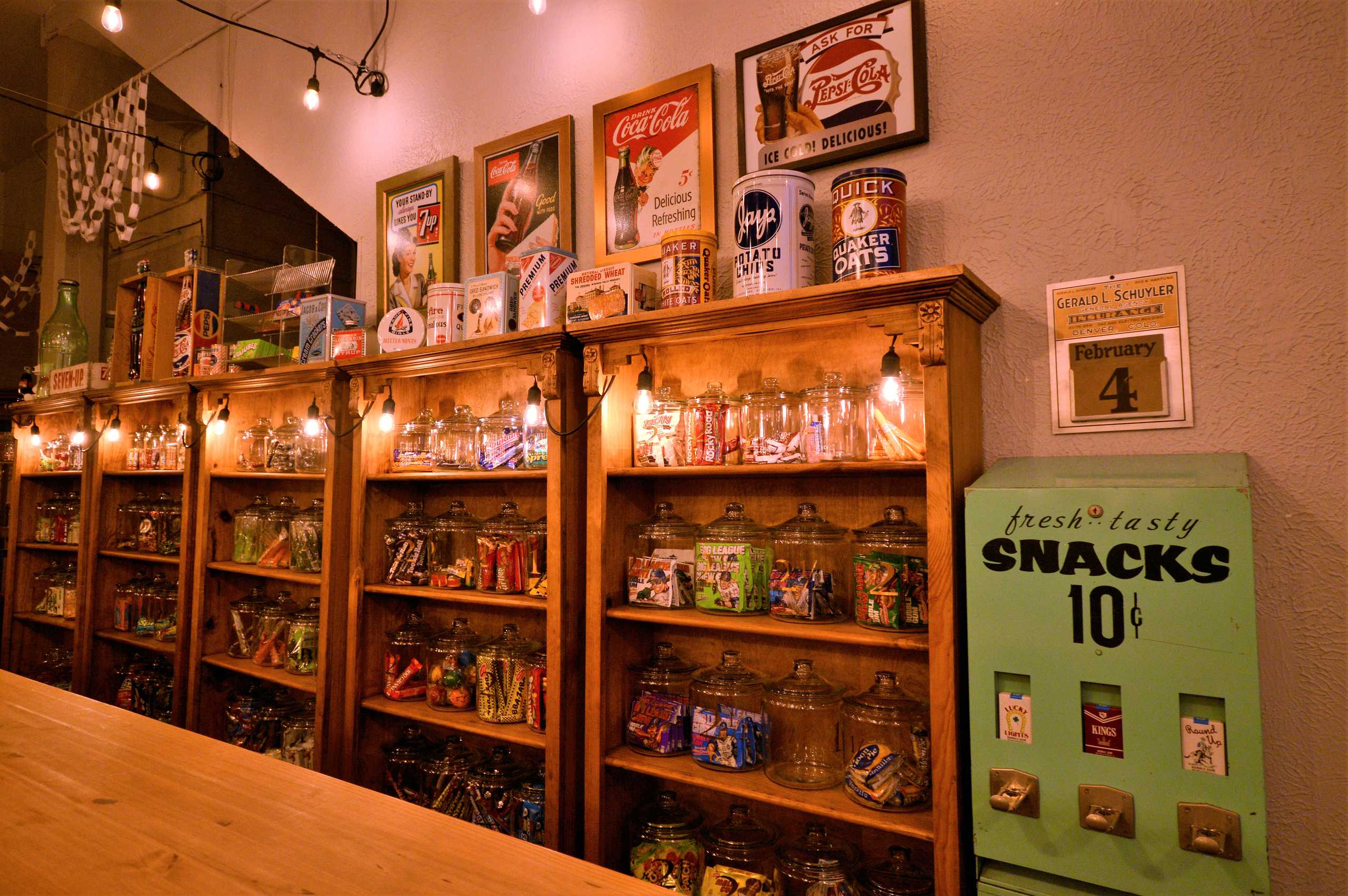
Vallejos originally pursued art in California for 40 years before the Sept. 11 attacks of 2001. After the event shook the nation, the art industry took a blow and people were not buying art as much. As Vallejos was trying to find a new business to pursue, he remembered a common topic after the event: “People just kept talking about the good old days — the good old days became the conversation.”
With this in mind, Vallejos thought the charm an old-fashioned candy shop would hold. He was fascinated by the Works Progress Administration art from the 1940s. As one of many ways to get the country back on their feet after the Great Depression, Franklin D. Roosevelt had had artists paint murals, national park posters, and sculptures portraying how great the United States was. Inspired by this art and the story of motivation and determination it portrayed about the U.S., Vallejos decided to create his own candy shop from this time period.
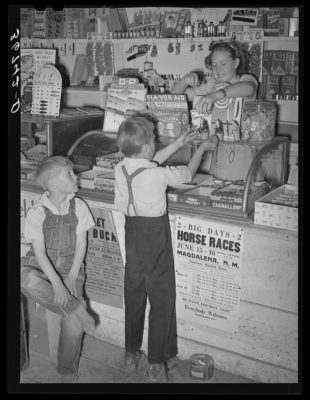
He spent over a decade studying pictures of general stores in the 1940s, finding everything from his collection of antique toys to a string holder used to tie up bags of candy. After pouring his heart into making his candy emporium a replica of an American candy store in the 1940s, Vallejos packed up and set up shop in Cheyenne, Wyoming, where his store flourished. After a few months, he was reported to the county assessor.
As a business, one must report items that help them profit within their business but are not part of what they sell. The business will then be taxed on these items. These taxable items are referred to as personal property and usually include items such as machinery and equipment which help sustain a business.
Vallejos was reported to the county assessor because he had not listed his antique collection as personal property. Vallejos didn’t consider his toys as tools to help him sell candy until the Cheyenne county assessor drew attention to it. After working with city officials, Vallejos discovered that by getting a museum license, he could avoid the massive tax on his antique collection.
A year later, Vallejos soon decided to move from Cheyenne to Fort Collins, Colorado. In preparation to set up in a new town, Vallejos asked a member of the secretary of state in Cheyenne to call Colorado verifying that his museum title would transfer. After confirming the title would transfer, Vallejos moved to Fort Collins and signed a lease for his store, ready to introduce the town to his magic.
When Vallejos went to get his licenses and titles for his business, he was told that he could not own a museum. In Wyoming, to be a museum, all one needs is to obtain a museum title, which Vallejos had. In the state of Colorado, to own a museum, one must own both a museum title and a classification. Unfortunately, Vallejos was told Colorado does not give museum classifications to private individuals.

Colorado statutes say museums have an exemption from property tax because they are a “charitable organization.” Because Vallejos is making a living for himself, he does not fall under this museum category. With no museum classification, Vallejos’ toys, would be subject to a monumental tax.
Faced with an impossible situation, Vallejos returned to Fort Collins with only his business license and no museum title nor classification. With a drive to achieve his goals, Vallejos went to the Larimer County Assessor and explained his situation. After giving them his list of business equipment, he was given time to try to resolve the issue.
Vallejos went to work, he remembers. “I went and I fought hard for months and months and months, every day, trying to call everybody,” Vallejos says.
He spoke with the governor, the mayor, and a variety of members from the City Council in an attempt to figure out why the law was in place and how Vallejos could work within his limitations. Vallejos worked with State Representative Cathy Kipp to find a way to solve his problem. Kipp explains she put effort into researching at the state level to see how she could help Vallejos.
After a year of fighting, no answers arose from Vallejos’ efforts. His time had come to visit the county assessor once again.
With no other choice, Vallejos had to remove his collection of enchanting toys from his store.
“So, the cabinets are gone with the toys,” says Vallejos, “Everything’s gone. So people walk in my door. They take three steps, they stop, they look around and they say, ‘What’s going on?’”
Without the memorable toys in the store, the candy store began to see fewer and fewer customers, Vallejos says.
The Fort Collins Candy Store Emporium magic still pulsed in the jars of unique candies and hand-crafted counters. But the toys dispensing memories like the candy lining the shelves had left the store with the museum title.
* * * * *
As the lack of antique toys began to become a reality, Vallejos received a call from the Larimer County Assessor Bob Overbeck which would alter the situation. It was explained to Vallejos that his problem was unique to Larimer County and they had spent months trying to find out how to fix it. After all this time, a solution arose.
The County Assessor’s office found a clause in the Assessor’s Resource Library Volume 5 stating antiques should not be a part of the personal property taxation. Because antique value is generally considered an “intangible value component,” it boosts their market price above the typical assessment measures. Rather, antiques should be valued by comparing them against a new modern item which serves the same purpose or function. For example, an antique Yogi Bear lunch box could serve the same purpose as a $10 lunch box bought from a store today. Because of this there is no reason to tax a lunch box at the value of $10.

Vallejos was then given a legal document proclaiming his legitimacy to have his antique toys in-store.
With this clearance, Vallejos will be able to welcome his magical toys back into his candy shop of wonders.
“For the whole 16 months, I carried this store, because I believed in the store,” Vallejos says. “And I believed that I would one day be vindicated for all this.” The time has come that Vallejos has been waiting for, for the toys and their atmosphere to bring the store back to life.
With this break through in the Vallejos’ fight to save the Fort Collins Candy Store Emporium, the shop will be fully restored to its former glory. The magic that breathes in between the walls of the store will become stronger and stronger as Vallejos brings back his collection piece by piece.
View this post on Instagram



